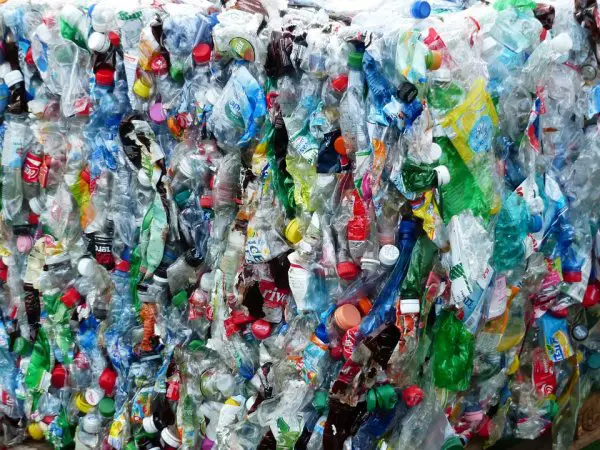Scientists Accidentally Discover Enzyme That Digests Plastic

A serendipitous discovery by scientists at the University of Portsmouth may help in the future fight against plastic pollution.
The story began in Japan in 2016, when a team of researchers found that there was a bacteria present in bottle-trash sites that produced an enzyme that was efficient in “degrading and assimilating” PET, a type of plastic often used in bottles that persists in the environment for hundreds of years. Scientists dubbed the enzyme PETase and it became a foundation for future studies. Fast forward to 2018 and it appears that scientists have made a potential breakthrough, they discovered a mutant version of PETase that is even more efficient at degrading plastic than its natural counterpart. They were examining the structure of the enzyme and were trying to understand how it naturally evolved when they engineered an even better version. “Serendipity often plays a significant role in fundamental scientific research and our discovery here is no exception,” said McGeehan,director of the Institute of Biological and Biomedical Sciences in the School of Biological Sciences at Portsmouth. “Although the improvement is modest, this unanticipated discovery suggests that there is room to further improve these enzymes, moving us closer to a recycling solution for the ever-growing mountain of discarded plastics.”
“Enzymes are non-toxic, biodegradable and can be produced in large amounts by microorganisms,” said Oliver Jones, a expert in analytical chemistry at Royal Melbourne Institute of Technology University. “There is strong potential to use enzyme technology to help with society’s growing waste problem by breaking down some of the most commonly used plastics.”
“We can all play a significant part in dealing with the plastic problem, but the scientific community who ultimately created these ‘wonder materials’ must now use all the technology at their disposal to develop real solutions.” McGeehan said. “It’s well within the possibility that in the coming years we will see an industrially viable process to turn PET, and potentially other (plastics), back into their original building blocks so that they can be sustainably recycled,”
Though this discovery has a strong potential for minimising plastic pollution, independent scientists have warned that the enzyme’s development is in the early stages.
Image Featured/Credit: Pixabay
Leave Comment: